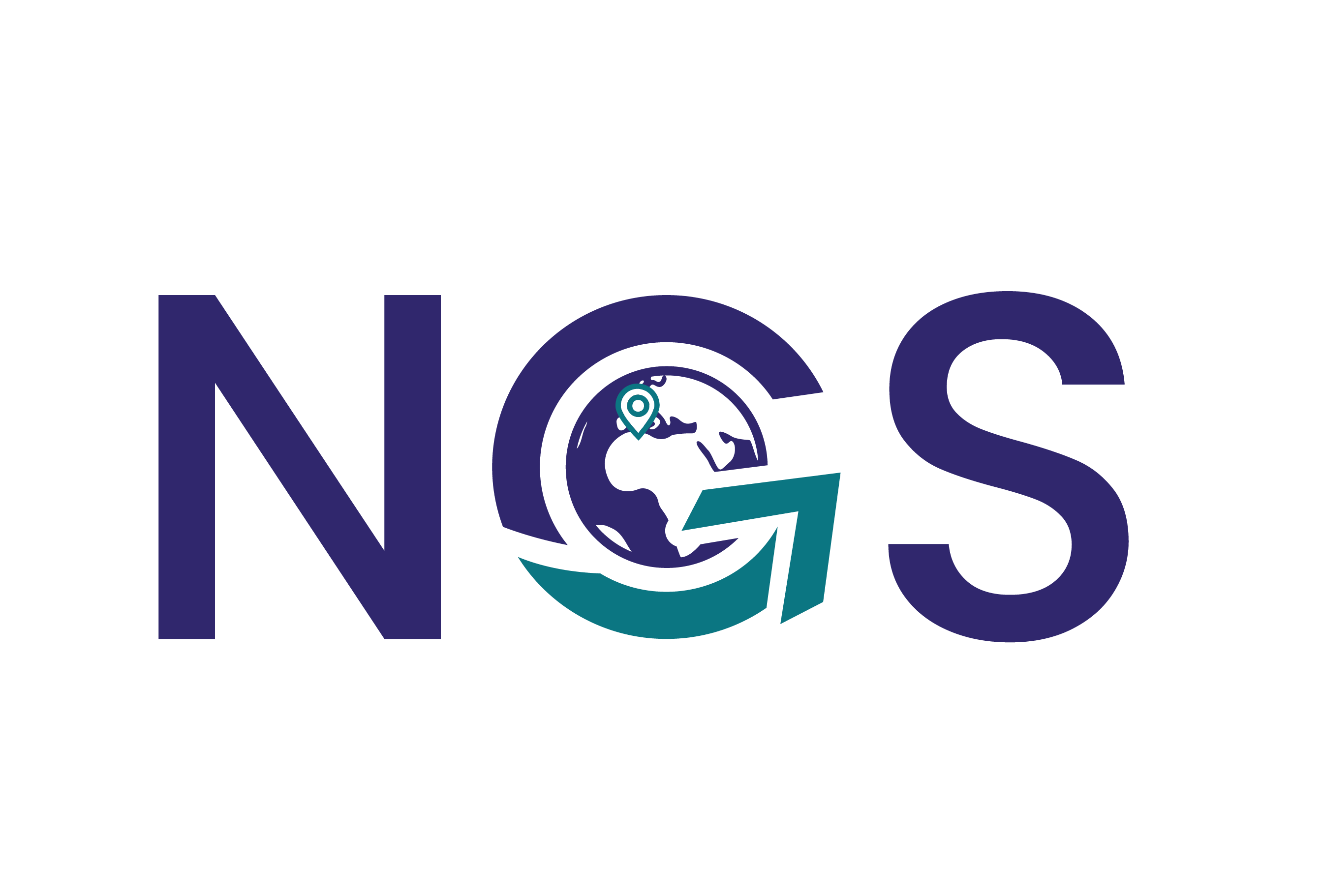The Suzy Lamplugh Trust is the UK’s pioneering personal safety charity and leading stalking authority, established in 1986, following the disappearance of 25-year-old Suzy Lamplugh, an estate agent and lone worker who went to meet a client and never returned. SheTravel spoke to Suzy Lamplugh Trust, to learn about the vision and mission behind the charity.
Could you share the story behind why the Suzy Lamplugh Trust was set up?
In July 1986, 25-year-old Suzy Lamplugh, an estate agent and lone worker went to meet a client and never returned. Suzy’s body was never recovered and the case is open to this day. Following her disappearance, her parents, Paul and Diana Lamplugh, established the Suzy Lamplugh Trust to help people be and feel safe. Our mission is to reduce the risk of violence and aggression through campaigning, education and support.
What are the greatest achievements of the Trust so far?
CAMPAIGN
Our longest running campaign, dating back to the 1990s, has been improving safety checks for taxi and minicab drivers. In 1998 The Private Hire Vehicles Act was finally passed and since then our campaign has resulted in our involvement in the Ministerial Task and Finish Group on taxi and private hire vehicle safety. In 1997 we were instrumental in bringing about the Protection from Harassment Act. We campaigned to make stalking a crime in England and Wales in 2012, and in 2019 we lobbied for the introduction of Stalking Protection Orders in order to ensure victims have adequate protections in place. The National Stalking Consortium was formed in 2014 and has been crucial in terms of sharing best practice, identifying patterns of stalking behaviour and ensuring victims’ needs are always kept at the forefront of our services across the country.
EDUCATE
Education and community development projects are another pivotal focus of our work, across the public, private and voluntary sectors. Our talks, training, and other consultancy provisions build up awareness and skills around personal safety and stalking. In 2019 we were very proud to launch Suzy’s Charter for Workplace Safety which helps employers to create a culture of personal safety and provides a framework to ensure they are compliant with personal safety policies and protocols.
“In 2019 we were very proud to launch Suzy’s Charter for Workplace Safety which helps employers to create a culture of personal safety and provides a framework to ensure they are compliant with personal safety policies and protocols.”
SUPPORT
In 2010, Suzy Lamplugh Trust established the National Stalking Helpline – the first of its kind in the world. Our national advocacy service was launched a few years later providing victims with essential advice and guidance. We have supported over 45,000 victims of stalking to date, both on our helpline number (0808 802 0300) and through our online assessment tool; Am I Being Stalked. We are really proud to have also founded the London Stalking Support Service in 2020, which alongside advice and advocacy services offers trauma-informed psychological support.
“In 2010, Suzy Lamplugh Trust established the National Stalking Helpline – the first of its kind in the world. Our national advocacy service was launched a few years later providing victims with essential advice and guidance.”
Are there any current projects of the Trust that you think SheTravel readers should be aware of?
Since Covid-19, there has been a major increase in the number of online platforms being used as people isolate and work from home. Approximately half the UK working population were, by definition, lone workers at home after 23rd March 2020. Concerningly, our pilot study in November 2020 found that this prompted an escalation in cyber abuse. Key findings highlighted that a startling one third of participants experienced online abuse at work. Of these victims, 83% state that the abuse escalated over the period of the pandemic. Furthermore, the study finds major gaps in employers’ provision of personal safety support for lone workers while online.
Online abuse is any form of persistent and/or unwanted contact from another person that is perpetrated across social media and communication platforms. Victims come from all backgrounds and are not confined to public figures. They can do any job, be of any age, gender, sexual orientation, social or ethnic background, and live anywhere, however 54% of respondents in our pilot study identified as female, and 1% as trans female. Online abuse can take many forms including bullying, sexual harassment, message bombing, hacking, trolling, phishing, doxxing, and digitally-enabled stalking to name a few. With a drastic shift in our working lives, better guidelines and restrictions need to be implemented in order to best safeguard our privacy and safety. As part of our report, we have published some tips to stay safe online, you can learn about them here: Cyber Safety at Work
Furthermore, with Covid restrictions lifting and transport being used more regularly, here is a list of safety tips that travellers may find helpful:
- If travelling by taxi or minicab, examine the vehicle before you get in – is a licence displayed on the vehicle? Does the vehicle look roadworthy?
- If traveling by tube, train or bus know where you are going, which stop you need and check departure times, especially last buses or trains.
- If travelling at night or in an unfamiliar area, try and arrange for someone to meet you at the bus stop or train station. Otherwise try to walk near other people with whom you feel safe.
- On trains avoid compartments which have no access to corridors or other parts of the train. Try to sit with other people and avoid empty carriages.
- British Transport Police non-emergency text number is 61016 for reporting any incidents.
To read the full list of travel safety tips click here: Transport Safety
You are widely regarded as field experts in lone-working and personal safety training. How can organisations and individuals sign up for the training?
For personal safety in the workplace to become common practice, it needs to be prioritised across organisations and championed by strong leadership. Our talks are a good way of getting staff to start thinking about the importance of their own personal safety both in work and outside of work. Talks can be tailored to the organisation’s needs. We cover legal aspects of lone working, providing you with a clear understanding of the rights and responsibilities of both employees and employers, how to set boundaries around aggression and violence by understanding the root causes of, and psychology behind aggression and how to manage de-escalation. Our most popular trainings are: Lone and Frontline Working, and Online Personal Safety Training. You can find our full list of training options here: Training Brochure
“For personal safety in the workplace to become common practice, it needs to be prioritised across organisations and championed by strong leadership.”
Do you have any upcoming events planned that readers should watch out for?
The Personal Safety Training – Open Access Course is on 16th to 18th November 2021. It’s a full day course which provides tips and information about lone working and personal safety, and helps ensure that you feel comfortable and confident working alone. This course will cover themes and topics informed by research and policy work by Suzy Lamplugh Trust, including: lone working, identifying and assessing personal safety risks, risk assessments, travelling for work, setting boundaries around aggression and violence, responding to physical and verbal aggression, de-escalation and diffusion techniques, post-incident reporting and support. Our personal safety and lone working open-access courses are designed to train delegates from a mixture of organisations, set at a maximum of 16 spaces per course.
To book, email us at [email protected] or call 020 7091 0014
Follow us across our social media platforms:
Twitter @live_life_safe
Facebook @SuzylamplughTrust
Instagram @live_life_safe
For general enquires, you can contact us at [email protected] or for further information visit our website at www.suzylamplugh.org.







